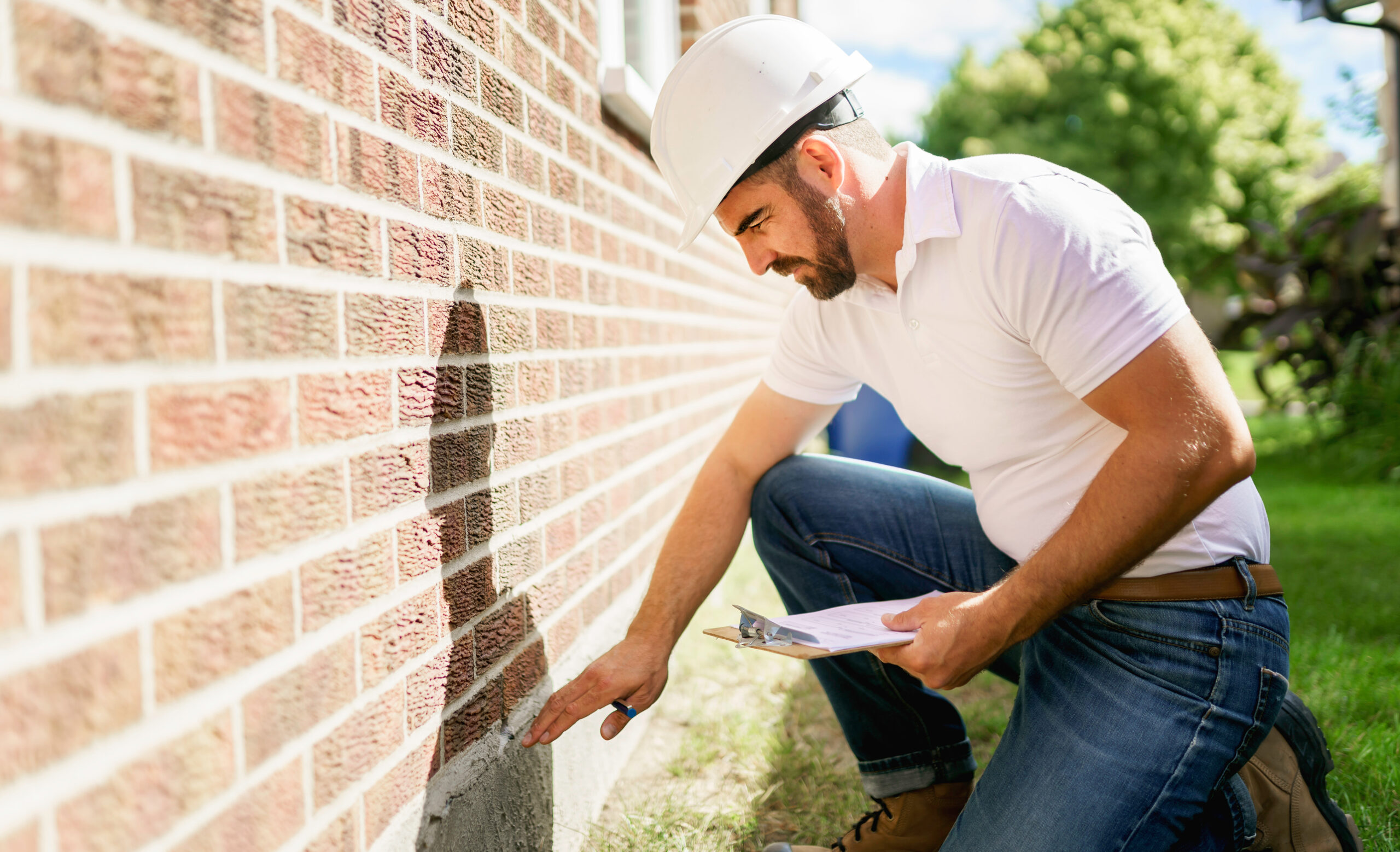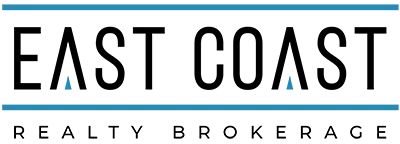
Buying a home is one of the most significant investments you’ll ever make. It’s not just a financial commitment but also a place where you’ll create lasting memories. To protect this investment, a home inspection is an essential step in the home-buying process. In this comprehensive guide, we’ll explore the importance of a home inspection and what to look for during this crucial assessment.
What is a Home Inspection?
A home inspection is a comprehensive examination of a property’s condition, performed by a qualified and impartial professional known as a home inspector. The primary purpose of a home inspection is to provide the buyer with a detailed report on the home’s structural and mechanical condition. This report helps the buyer make an informed decision about the property’s condition and whether any repairs or renovations are needed.
The Importance of a Home Inspection
1. Uncover Hidden Issues: Homes can have concealed issues that may not be apparent to the naked eye. A home inspector is trained to identify these issues, which may include structural problems, water damage, electrical issues, or mold.
2. Evaluate Safety: Home inspections assess the safety of the property. This includes checking for potential fire hazards, gas leaks, carbon monoxide risks, and other safety concerns. Knowing that your home is safe for you and your family is paramount.
3. Negotiation Leverage: A home inspection can provide valuable information that may be used for negotiations with the seller. If significant issues are discovered, you may be able to negotiate for repairs, a reduced purchase price, or closing cost credits.
4. Peace of Mind: A thorough home inspection can provide peace of mind. Knowing the condition of the property and any potential issues can reduce stress and uncertainty during the home-buying process.
5. Budget Planning: Home inspections give you a better understanding of the costs associated with maintaining and repairing the property. This helps you plan your budget accordingly.
6. Protect Your Investment: A home is a substantial financial investment. By identifying potential problems through a home inspection, you can take proactive steps to protect and maintain your investment over time.
What to Look For in a Home Inspection
During a home inspection, the inspector evaluates various aspects of the property. Here’s what you should pay attention to:
1. Structural Components: The inspector will examine the foundation, walls, roof, and overall structural integrity of the home. Look for signs of foundation cracks, sagging rooflines, or structural damage.
2. Exterior: The exterior inspection includes siding, windows, doors, and the condition of the home’s exterior. Check for signs of water damage, rot, or improper sealing.
3. Roof and Attic: Inspect the roof’s condition, looking for damaged or missing shingles, leaks, and signs of wear. In the attic, check for proper insulation and ventilation.
4. Plumbing: Check for leaks, water pressure issues, and the overall condition of plumbing fixtures. Inspect the water heater and sewage system for any problems.
5. Electrical: Ensure that the electrical system is in good working order, with no exposed wires, outdated components, or safety hazards. Check the circuit breaker and outlets.
6. HVAC Systems: Inspect the heating, ventilation, and air conditioning systems for proper functionality and safety. Look for signs of wear and tear.
7. Interior: Inside the home, check for signs of water damage, mold, and other issues. Pay attention to the condition of walls, floors, and ceilings.
8. Kitchen Appliances: Verify the condition of kitchen appliances, including the stove, oven, dishwasher, and refrigerator. Make sure they function properly.
9. Bathrooms: Inspect the plumbing, fixtures, and any signs of water damage in the bathroom. Ensure toilets, sinks, and showers work as expected.
10. Safety Features: Verify that the home has working smoke detectors, carbon monoxide detectors, and fire extinguishers in the required locations.
11. Pest and Mold: Look for signs of pests, such as termites or rodents, as well as any indications of mold in the property. These issues can affect your health and the structural integrity of the home.
12. Insulation and Ventilation: Ensure that the home has adequate insulation and proper ventilation, which can impact energy efficiency and indoor air quality.
13. Foundation and Basement: Check the foundation for cracks, signs of moisture, or structural issues. Inspect the basement for water intrusion and any potential problems.
Selecting a Home Inspector
Choosing the right home inspector is critical for a thorough and reliable assessment. Consider the following when selecting a home inspector:
1. Qualifications: Ensure that the home inspector is licensed and certified in your state. They should have a background in construction or a related field.
2. Experience: Look for an inspector with a proven track record and a strong reputation. Ask for references and check online reviews.
3. Sample Reports: Review sample inspection reports from potential inspectors to gauge the level of detail and clarity they provide.
4. Clear Communication: Choose an inspector who communicates clearly and can explain their findings in a way that is easy to understand.
5. Cost: While price is a consideration, don’t make it the sole factor in your decision. The quality and thoroughness of the inspection are more important.
6. Timeframe: Inquire about the expected timeframe for the inspection and when you can expect to receive the report.
Conclusion
A home inspection is an invaluable step in the home-buying process. It provides essential insights into the property’s condition, ensuring that you make an informed decision and protect your investment. To maximize the benefits of a home inspection, choose a qualified inspector, and pay close attention to the details of their report. By being thorough and proactive, you can confidently move forward in the home-buying process, knowing that you are making a sound and informed investment in your future.


